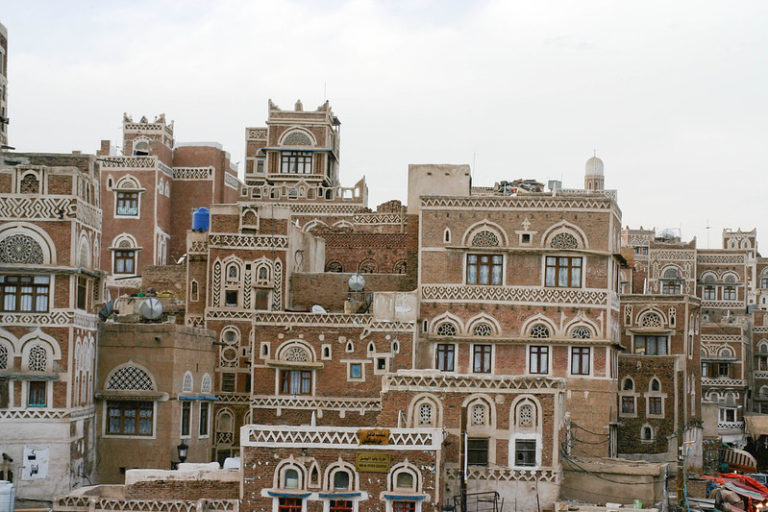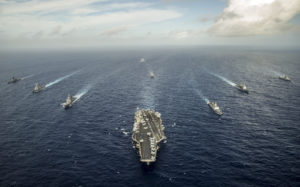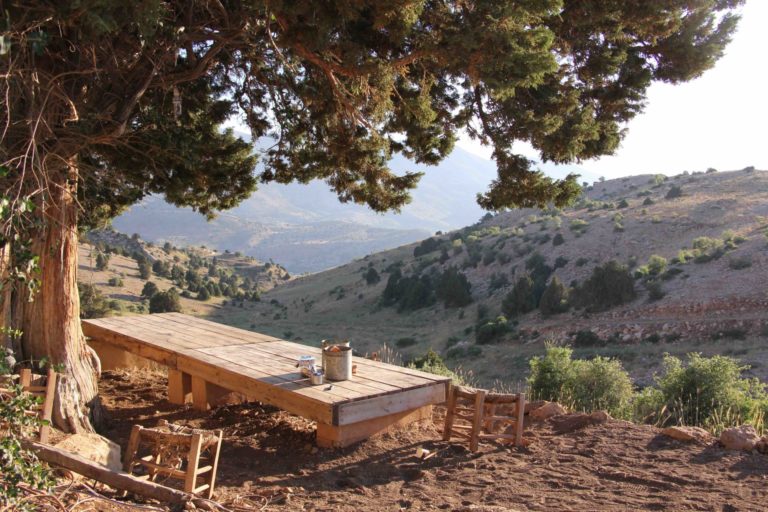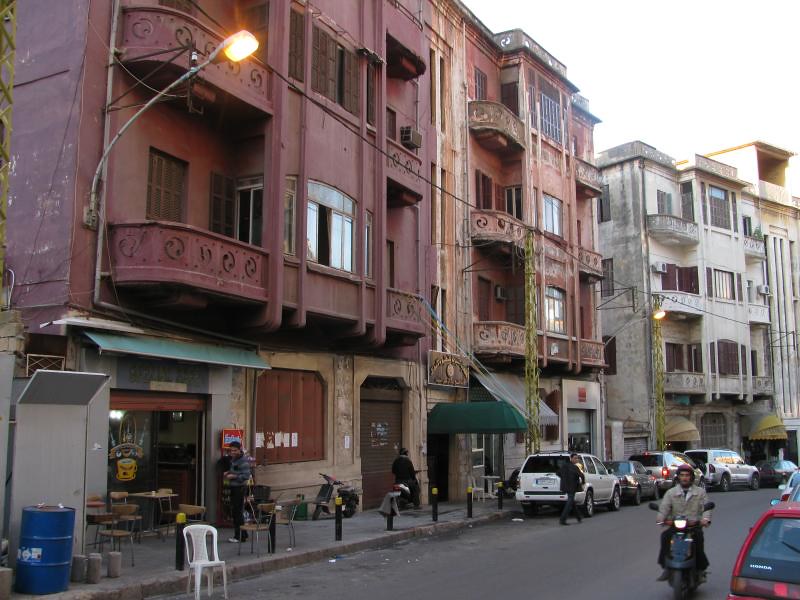Since its emergence, Hezbollah has been on the rise. Enduring Lebanon’s chaos, it gradually adapted to the country’s consociational democracy and became more embedded in the system. Bolstered by Iran, and Syria to some extent, Hezbollah is now a regional actor. It played minor roles in the post-Saddam Iraq and post-Saleh Yemen. In both countries, it implemented Iran’s geopolitical agenda by buttressing Shi‘a groups.
However, Hezbollah’s most rigid role was in Syria. In mid-2012, Hezbollah gradually engaged in Syria’s civil war to prevent the collapse of Bashar al-Assad’s regime. The latter’s breakdown would have had broader geostrategic ramifications for both Hezbollah and Iran. That said, Hezbollah played a crucial role in tilting the power balance in the region. But even if this role changes , Hezbollah will endure in Lebanon.

Hezbollah’s Welfare Institutions
While Hezbollah’s regional position may change drastically with transformative regional events, it is entrenched amongst Lebanese, namely Shi‘a, and its annihilation seems almost impossible. The group created a chain of welfare institutions for its supporters, including hospitals and charities. Hezbollah also built schools and provide services for those in need. For example, in winter, it distributes oil and medicine for the poor. These benefits in a fragile state such as Lebanon make a difference.
When a person joins Hezbollah, he doesn’t have to worry about the wellbeing of his family. In addition to the salary he receives, his family has access to all these institutions. Therefore, in tandem with the endemic sectarian identity and belief, Hezbollah’s personnel are assured of the survival of their families. The mixture of the sectarian discourse and these services built loyalty towards Hezbollah, alongside its role in confronting Israel.
U.S.-Iran Tension and Hezbollah Sanctions
With the U.S.-Iran tension escalating, the former imposed new sanctions on Hezbollah, Iran’s most strategic partner. These sanctions aimed to pressure Hezbollah and distance it from its supporters. The U.S. thought that this might mobilize Shi‘a against Hezbollah and hold it responsible for this crisis. They even sanctioned Jammal Trust Bank for facilitating Hezbollah’s financial activities. In fact, the bank accounts mostly belonged to Shi‘a who were unaffiliated with Hezbollah. The U.S. message to the sect was clear: you support Hezbollah and you starve, or you pressure it to compromise.
US sanctions harmed Hezbollah, and Hassan Nasrallah, the Secretary General, called for donations. But this does not mean that Hezbollah is collapsing. On the contrary, cornering it by targeting all Shi‘a might press Hezbollah to react. The standoff, if Hezbollah decides to retaliate, could take place anywhere in the world — not necessarily in Lebanon. Hezbollah also has the power to cause turmoil in the region. A confrontation could cascade out of control and cause problems for Israel.

On September 10, the 10th day of commemorating Ashura, Nasrallah blatantly attacked the sanctions and urged the Lebanese government to act. He swore allegiance to the leadership of Ali Khamenei, Iran’s Supreme Leader, and stated that Hezbollah will respond if Iran is targeted. However, beyond Nasrallah’s speech, the mobilization of thousands of supporters amid international pressure on Hezbollah was a message in itself.
ISIS vs Taliban
Although the quiet war waged against Hezbollah has had some success in harming the organization, actually ending Hezbollah is wishful thinking. These steps, at most, can reduce Hezbollah’s ability to maneuver beyond Lebanon. If the anti-Iran and Hezbollah states triumphed in the geopolitical confrontation, they might force Hezbollah to comply. The organization’s armed wing would either join the Lebanese Armed Forces and operate under its command, or be completely disarmed.
Most importantly, top-notch fighters in ISIS were neither Iraqis nor Syrians but foreigners.
But Hezbollah will endure because its political wing can survive similarly to other Lebanese parties. In contrast with ISIS, which rose and collapsed in less than a half-decade (2014-2018) and didn’t abide by the rules of the game. Most importantly, top-notch fighters in ISIS were neither Iraqis nor Syrians but foreigners. Although its leadership was mostly composed of Iraqis, it garnered support from all over the world. Therefore, it was an imminent threat for all states in the region and beyond.
Editor’s Picks — Related Articles:
![]()
“Where Conflict Meets Cartoons: Animating the Middle East”

“US and India: Sustaining the Flow in a Choppy Indo Pacific”
But even after 18 years of war against the Afghani Taliban, the U.S. was unable to eliminate it. By 2017, the U.S.-Afghanistan war cost $117 billion and thousands of American lives. By 2019, the U.S. and Taliban were sitting on the table to negotiate a deal. However, secret talks were called off by President Donald Trump, and the agreement did not take place. Despite all the effort that the U.S. and its allies put in all these years, they were unable to abolish the Taliban. The main reason for this is that the Taliban fighters and supporters are Afghani people rather than foreigners and this is also true for Hezbollah.
Conclusion
The cornerstone of Hezbollah’s endurance is that its fighters are Lebanese Shi‘a. In May 2018, Hezbollah and its Shi‘a and non-Shi‘a allies secured most of the parliamentary seats. Amongst Shi‘a, very few have voted against Hezbollah. Consequently, removing Hezbollah will mean extracting almost 30% of the Lebanese population. So the only result that Hezbollah’s foes can wish for is reducing Hezbollah’s power. In sum, Hezbollah will most probably endure, unless an unexpected surprise occurs. Therefore, caution and perhaps mending ties with Hezbollah and Iran may be the best approach.












